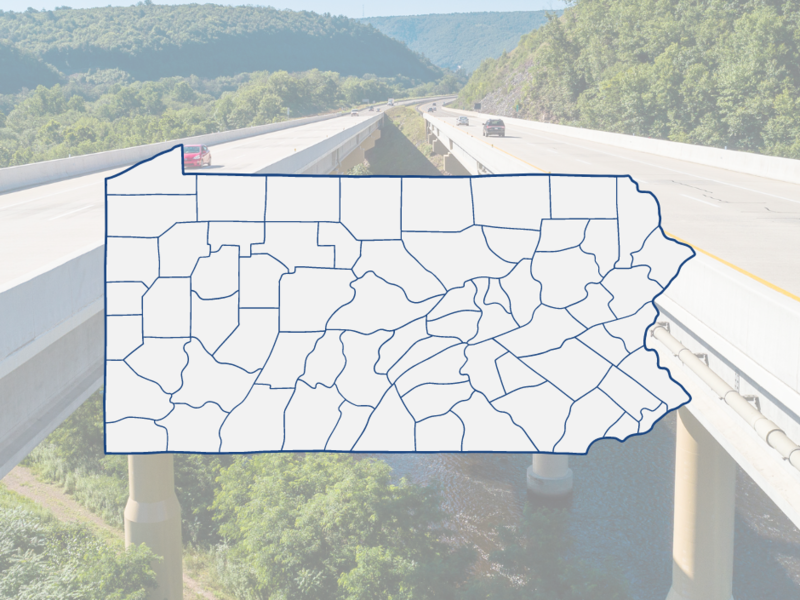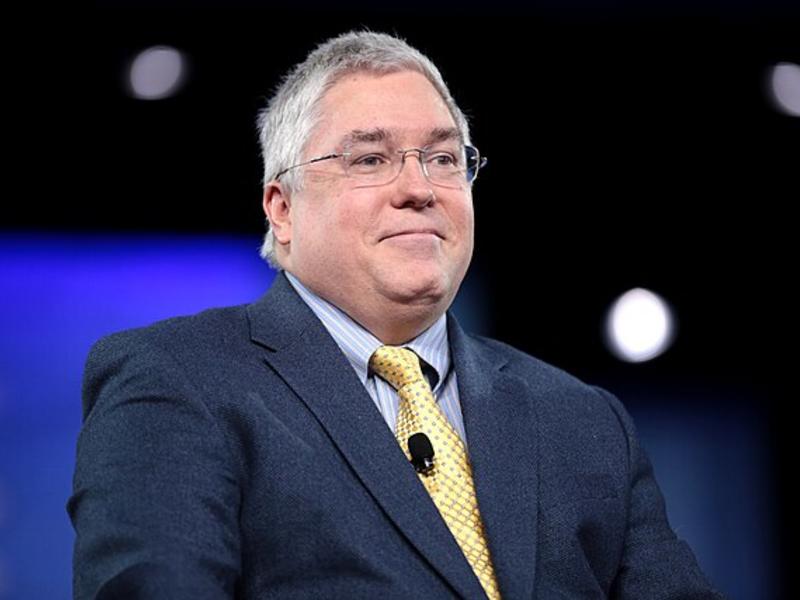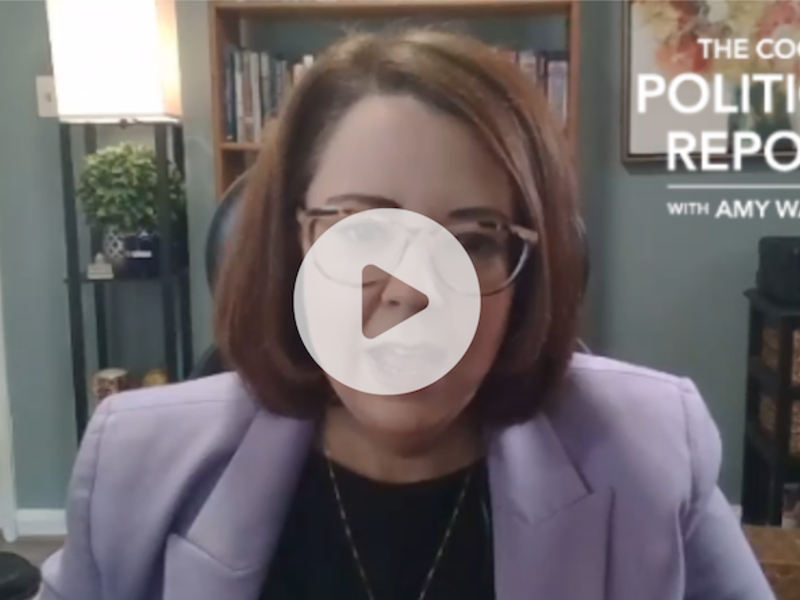
This story was originally published on nationaljournal.com on July 15, 2016 Tragedy strikes again, this time in the south of France. The bloodshed in Nice was just as horrific as the assaults in Paris last November that killed 130. The Nice attack was spread over a much larger area that the one at the Pulse nightclub in Orlando last month, when 49 innocent people were killed, and it was far worse than the January 2015 attack on the offices of the magazine Charlie Hebdo, when 12 journalists were killed. In some ways, the Bastille Day attack was reminiscent of the Boston Marathon bombing, when people came together in a spirit of celebration, an occasion chosen by the jihadists because it was special and offered the twisted prospect of mass casualties. What’s so distressing is that these events of unspeakable horror are becoming so frequent that unless they directly affect us, our loved ones, or our hometowns, the period of shock and mourning lasts a little less each time. Numbness sets in more quickly. As distasteful as it most certainly is,










Subscribe Today
Our subscribers have first access to individual race pages for each House, Senate and Governors race, which will include race ratings (each race is rated on a seven-point scale) and a narrative analysis pertaining to that race.